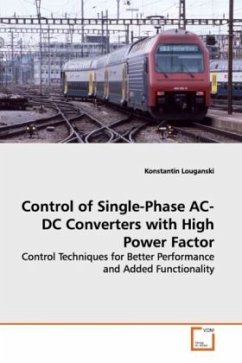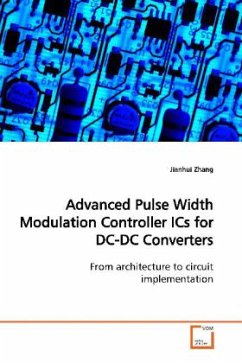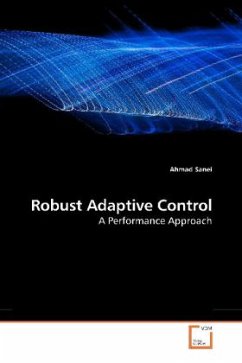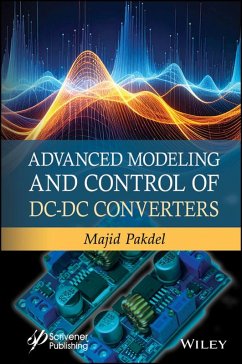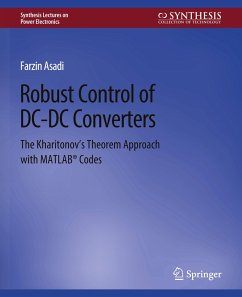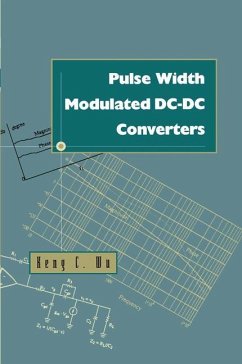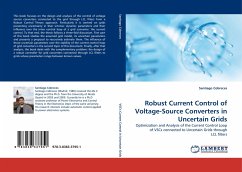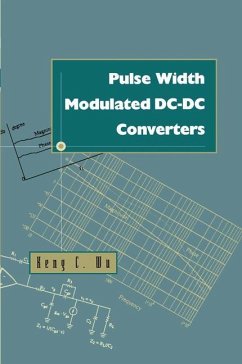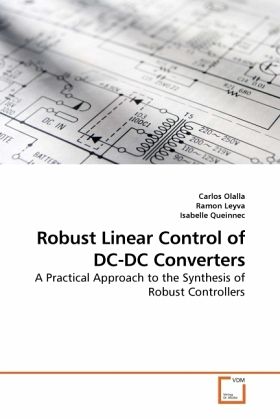
Robust Linear Control of DC-DC Converters
A Practical Approach to the Synthesis of Robust Controllers
Versandkostenfrei!
Versandfertig in 6-10 Tagen
52,99 €
inkl. MwSt.

PAYBACK Punkte
26 °P sammeln!
In this book, two robust control methods, based on Quantitative Feedback Theory (QFT) and Linear Matrix Inequalities (LMIs), are proposed. These methods allow to obtain simple and systematic procedures to synthesize control laws for uncertain dc-dc converters that require high levels of performance. The first method proposed in the book, based on the QFT technique, allows to obtain controllers with large control bandwidth and custom-shaped input-output responses. The method has been applied to the robust control of power conditioning units satisfying a well-known industry standard. The second ...
In this book, two robust control methods, based on Quantitative Feedback Theory (QFT) and Linear Matrix Inequalities (LMIs), are proposed. These methods allow to obtain simple and systematic procedures to synthesize control laws for uncertain dc-dc converters that require high levels of performance. The first method proposed in the book, based on the QFT technique, allows to obtain controllers with large control bandwidth and custom-shaped input-output responses. The method has been applied to the robust control of power conditioning units satisfying a well-known industry standard. The second design method is based on the LMI control problem formulation. With this method, the designer can take into account the transient characteristics and perturbation rejection properties of the converter, while assuring the robust stability despite the uncertainties and the nonlinearities of the converter. Since it is based on LMIs, this method allows to synthesize robust controllers automatically, using optimization algorithms. Both methods have been verified with experimental prototypes that confirm the practical feasibility of such robust control techniques in the area of power converters.



